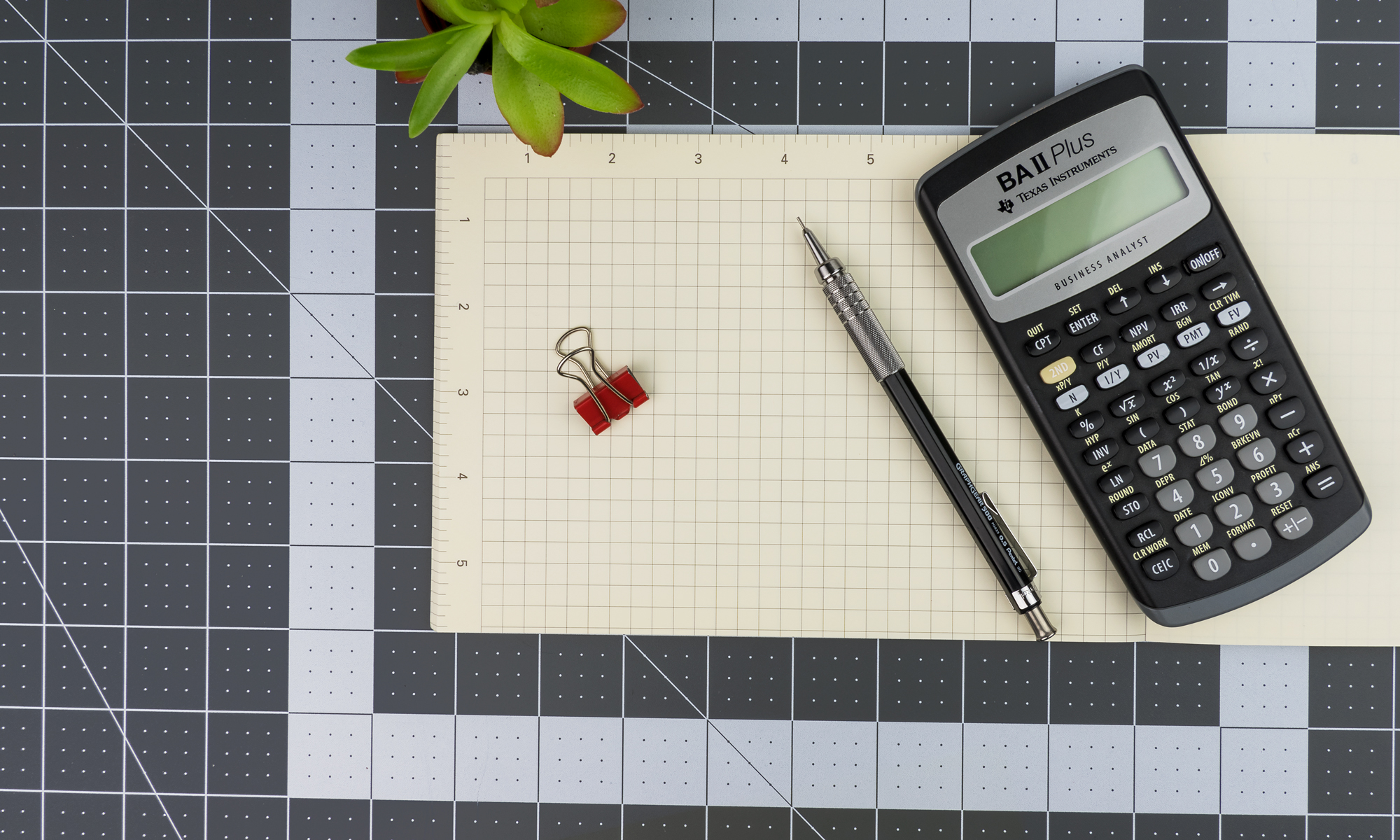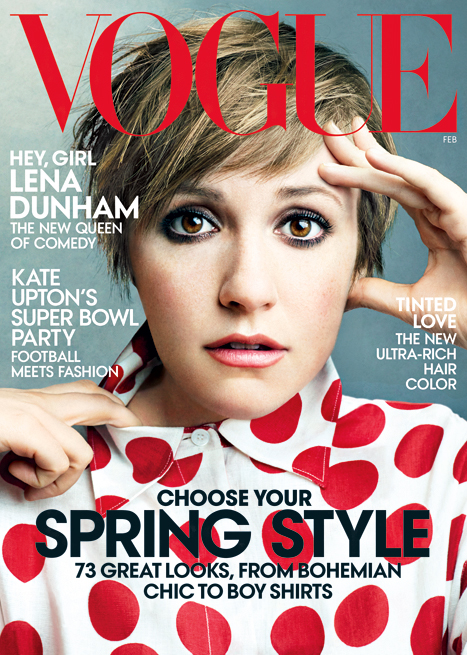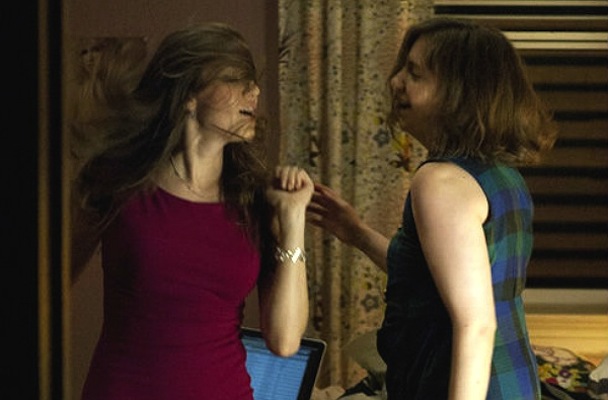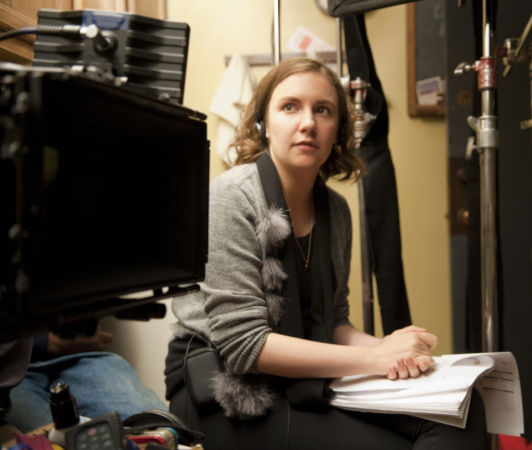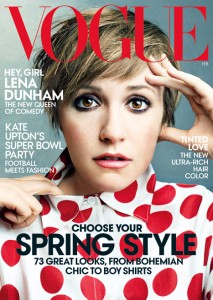
Wasn’t it only last week that Lena Dunham was the Internet’s favorite body-positive darling? When she calmly responded to a television critic who objected to the presence of her insufficiently titillating body, she was lauded in a hundred feminist think pieces championing her rejection of television’s no-thigh policy. But apparently all that good will was shot when she had the audacity to have the bags under her eyes digitally removed. The horror!
After Dunham’s rather pretty Vogue spread was published on Wednesday, Jezebel posted a $10,000 bounty for the release of the unretouched photos. Was it because they didn’t believe she could look that glam? Of course not! Was it because they thought she’d look heavier in the originals? Certainly no! Was it because Dunham haters would flock to Jezebel in order to see unflattering images? Never! See, Jezebel was just trying to attack the harsh beauty standards propagated by the fashion industry and promote body acceptance. Clearly, because nothing screams “love yourself!” like pointing tiny arrows at the “flaws” in a woman’s face and figure. Continue reading “Leave Lena Dunham Alone!”
